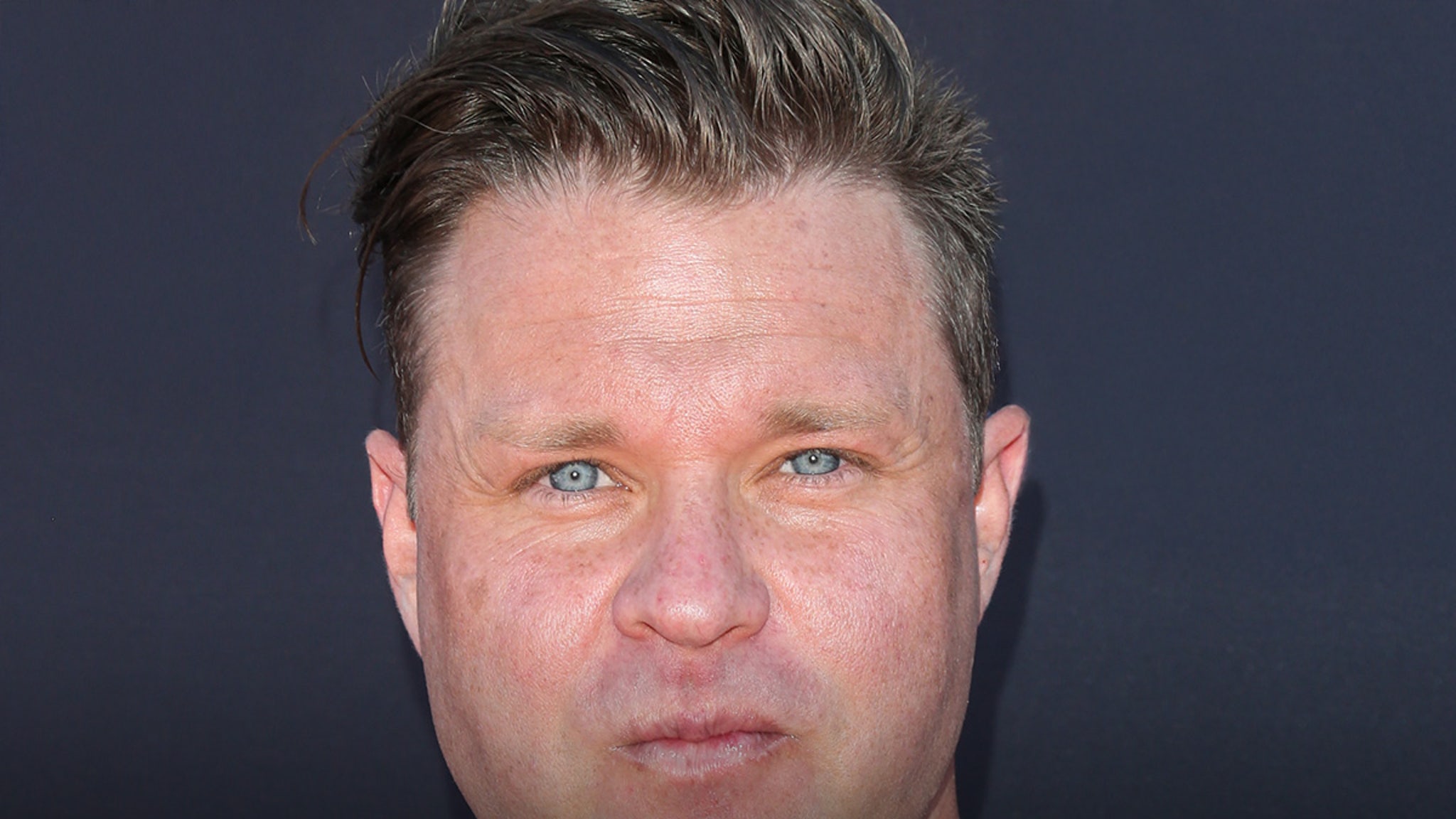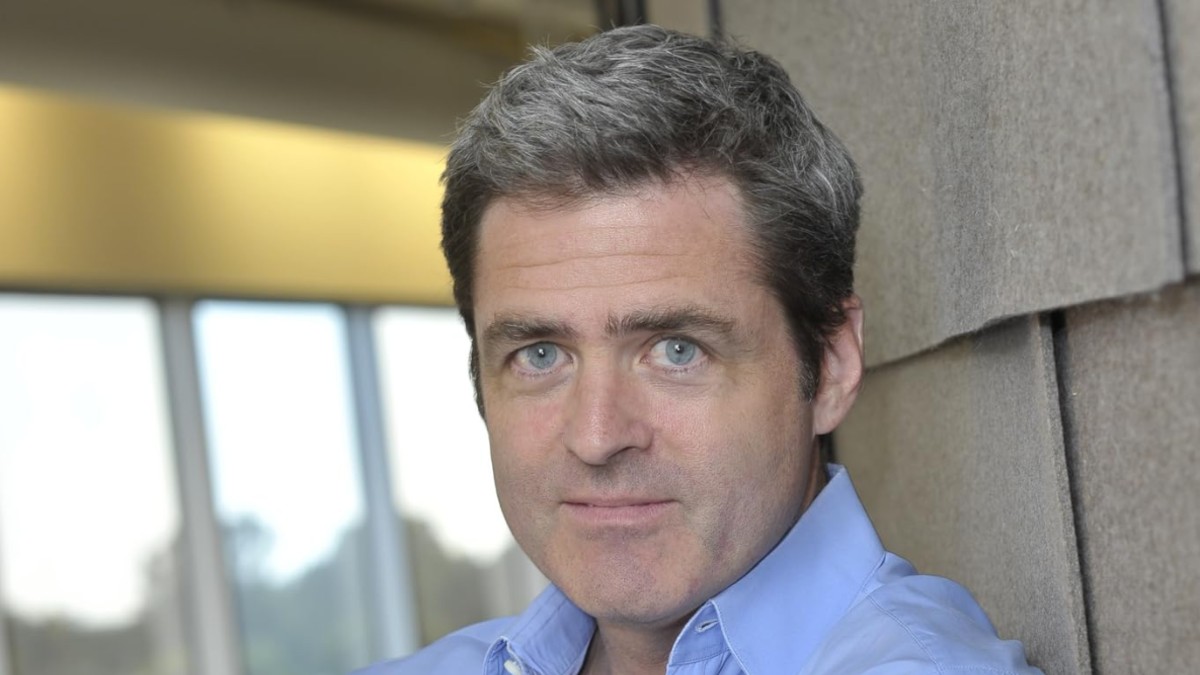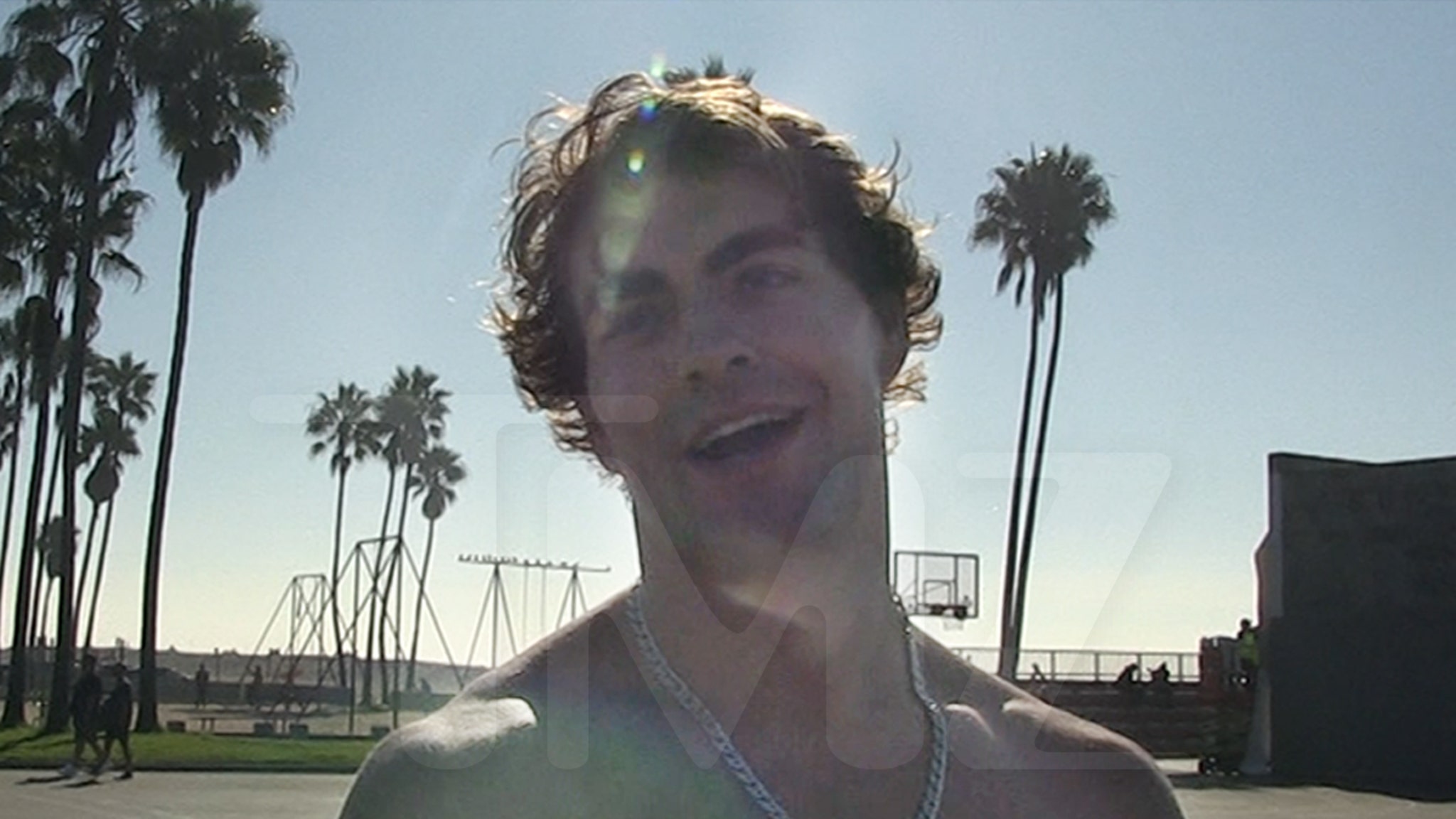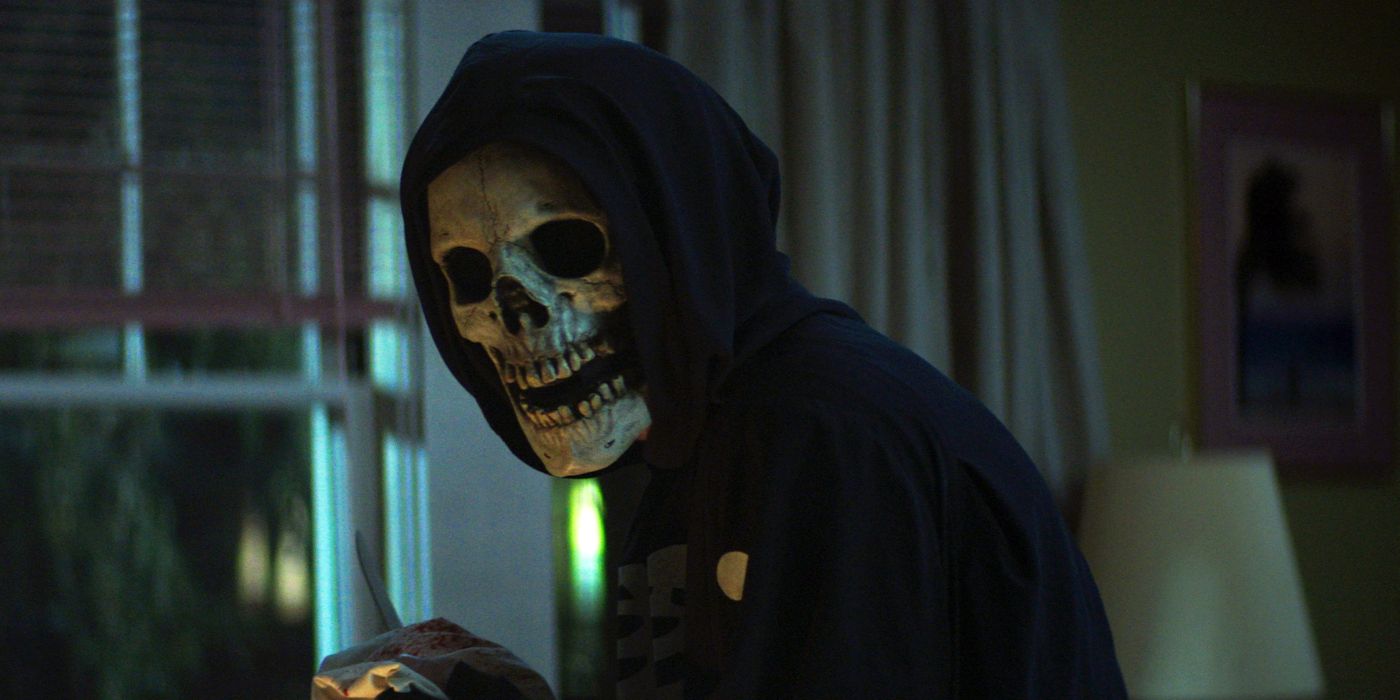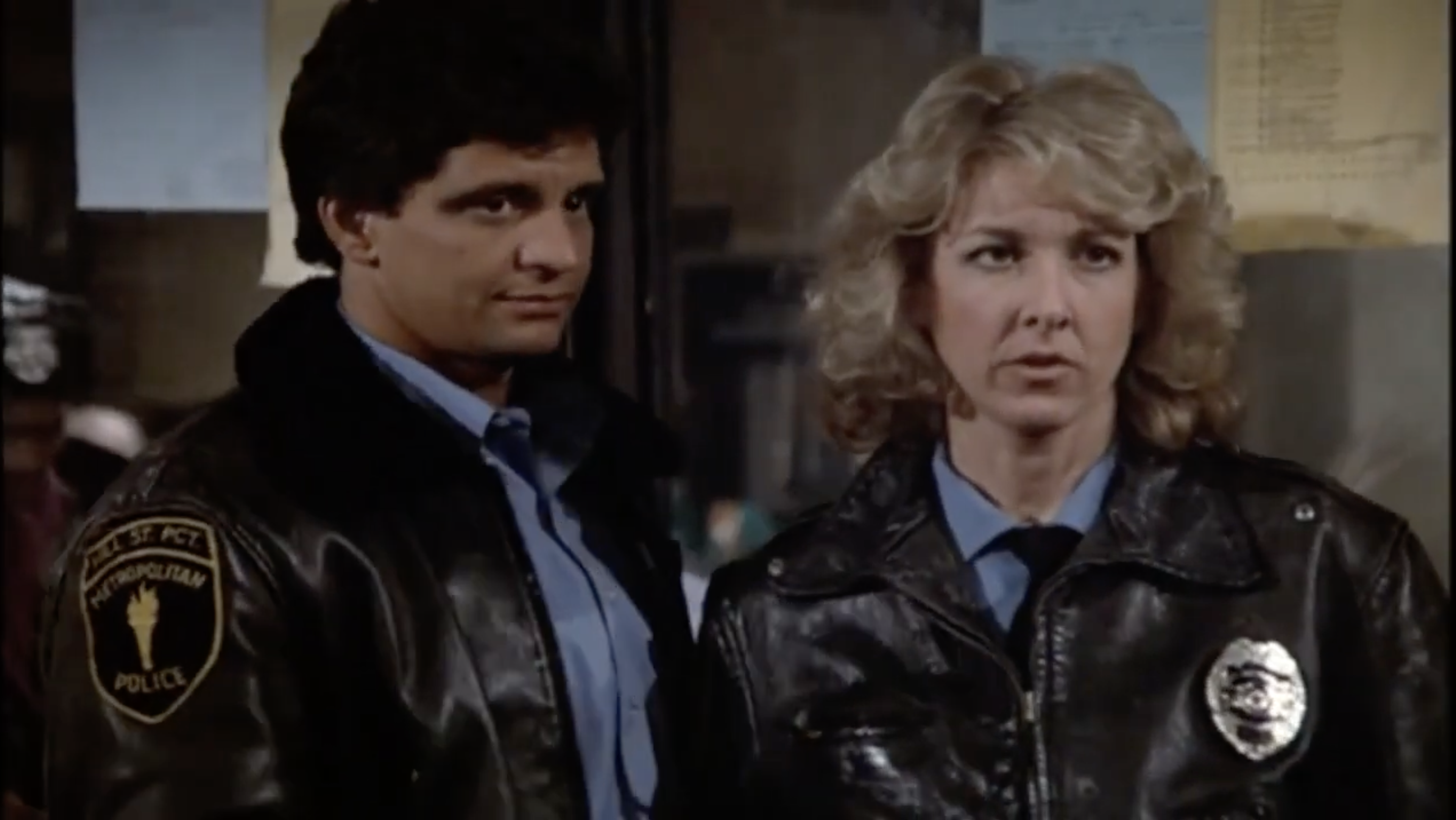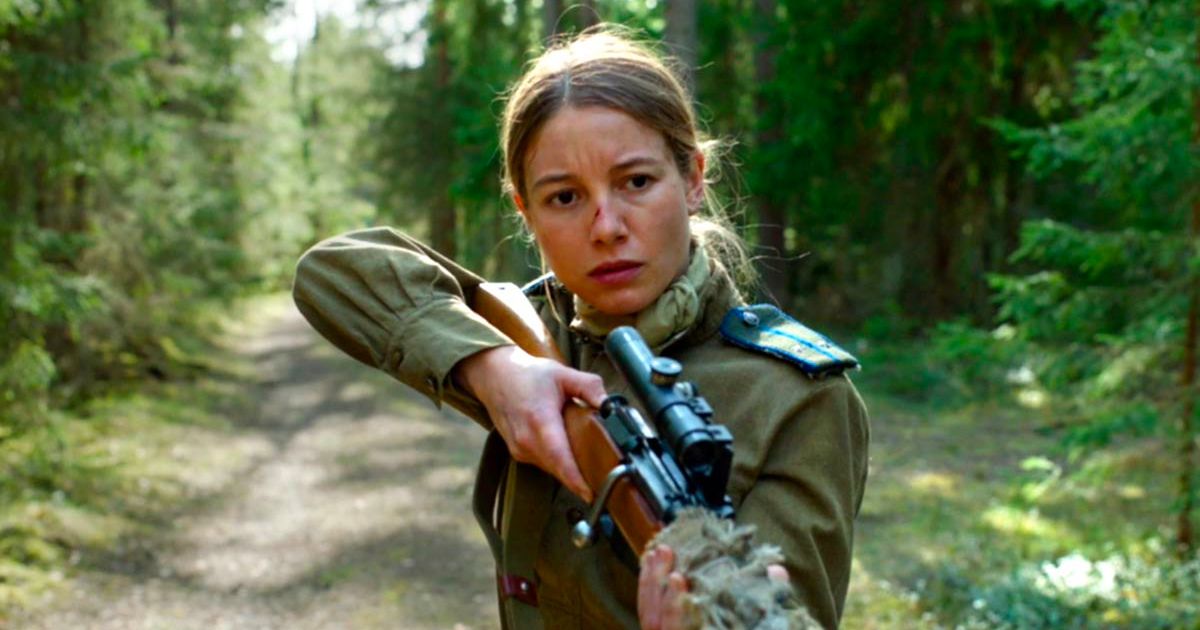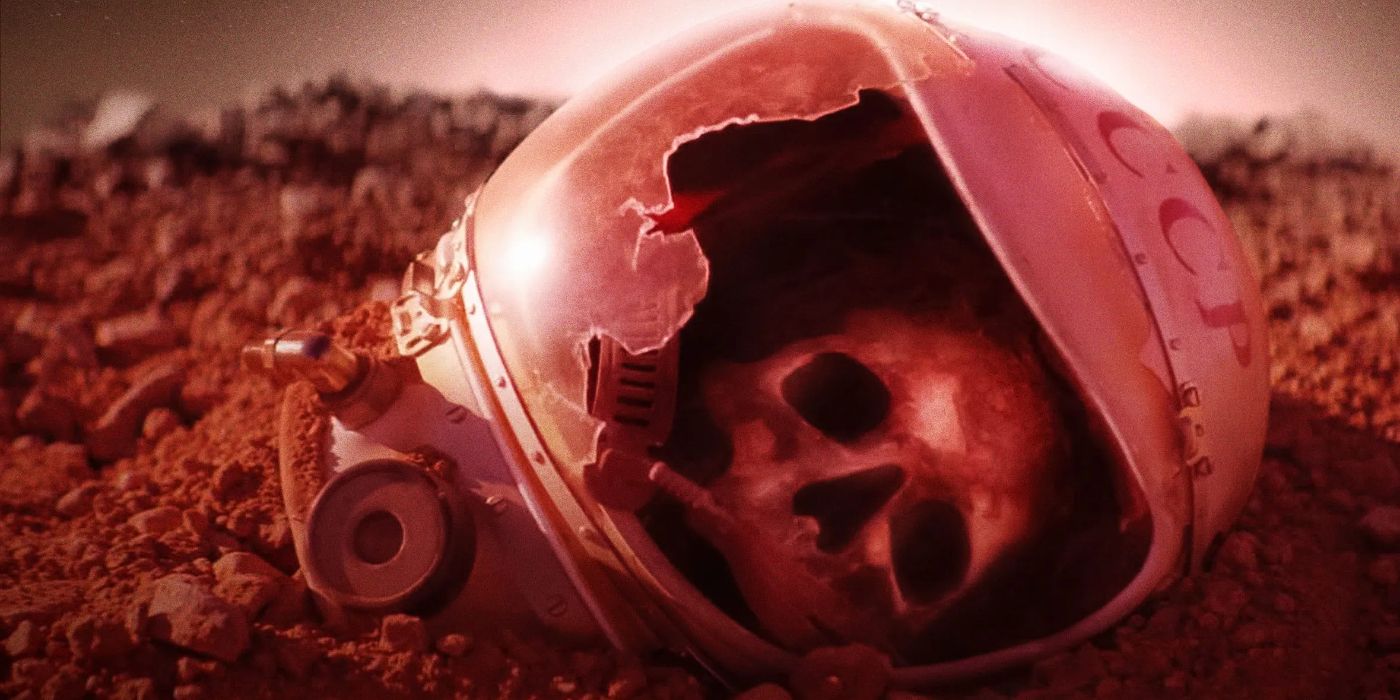My biggest surprise of SXSW was probably Julio Quintana’s “The Long Game,” a movie that looks on paper like another cookie-cutter inspirational sports drama but transcends its clichés by being true to its characters and artistic in its approach. I’m sad to say that I saw a lot of films at SXSW that looked like TV, but it’s clear from the beginning that Quintana learned a lot from his mentor Terrence Malick—Quintana worked on “The Tree of Life” and “To the Wonder.” There’s an elegance to the filmmaking here, a grace to the way Quintana approaches his characters and the natural world, that elevates the storytelling. Yes, some of the writing dips into cliché, and it’s not an unpredictable film, but there’s something to seeing an old-fashioned story that’s this well-told.
Jay Hernandez stars as JB Pena, a WWII vet in ‘50s Del Rio, Texas, who becomes the superintendent and wants to join the local country club. Of course, that’s not allowed in this era, and “The Long Game” does too openly use caricatures of powerful, Southern white men being openly racist. Of course, that existed, but the monsters who run the golf community in 1956 Texas are a bit two-dimensional here.
The film gets its strength from the kids that Pena meets who caddy at the club and have formed their own golf team. Pena realizes that this crew, led by the excellent Julian Works as Joe Trevino, has what it takes to compete with anyone, and so gets them in a competition at the club. The members of the crew outside of Works are a bit undefined, but “The Long Game” succeeds in part due to the sports movie sand traps it avoids. When Dennis Quaid is introduced as the alcoholic coach who can bring the boys to glory, it’s so easy to see the white savior movie this could have become, but Quintana and Quaid avoid it. I loved how alcoholism doesn’t become the central story as it would in a lesser film, and the movie doesn’t become a tale of Hispanic kids saving a white guy or vice versa. He’s just a part of this tale, no greater than the role Joe’s girlfriend (an excellent Paulina Chavez) plays in this saga. Quintana understands the best approach to this story is a tapestry, capturing the many influences on a young life—a new coach, a new girlfriend, his fellow golfers, etc.—and how they can shape a future. After all, the long game of human existence takes teamwork.
You can view the original article HERE.
